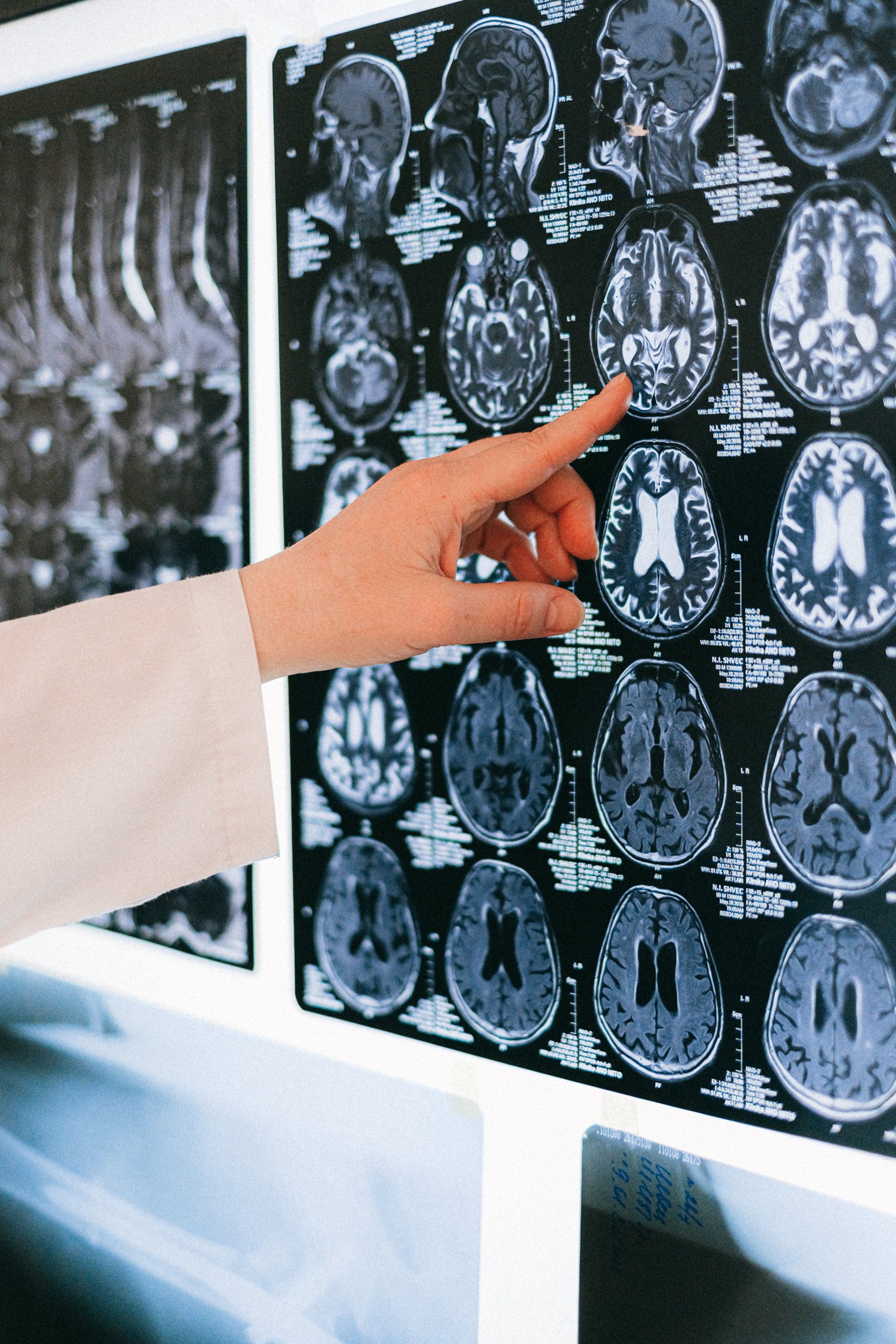5 Ways to Uplift an Adult from a Traumatic Brain Injury
Traumatic brain injury (TBI) can significantly impact an individual's physical, emotional, and cognitive well-being. The recovery process can be long and challenging, requiring patience, support, and encouragement. Whether the TBI resulted from an accident, fall, or medical condition, uplifting an adult dealing with such an injury is crucial for their overall well-being. Here are five effective ways to provide support and encouragement to an adult suffering from a traumatic brain injury.
First, offering emotional support is one of the most essential ways to uplift someone with a TBI. A person dealing with a brain injury often experiences frustration, sadness, and anxiety due to the changes in their abilities and lifestyle. Being a compassionate listener and showing empathy can make a significant difference in their emotional health. Encouraging open conversations and allowing them to express their thoughts without judgment fosters a sense of understanding. Remind them that they are not alone in their journey and that healing takes time. Regular check-ins, phone calls, or simply spending quality time together can provide reassurance and a sense of normalcy.
Second, assisting with cognitive rehabilitation is a valuable way to uplift a TBI survivor. Many individuals with brain injuries struggle with memory loss, difficulty concentrating, or impaired problem-solving skills. Encouraging participation in brain-stimulating activities such as puzzles, memory games, or reading can help enhance cognitive function. Additionally, using tools like calendars, reminders, and structured routines can help them stay organized and regain confidence in their daily tasks. Supporting them in attending cognitive therapy sessions or rehabilitation programs can also contribute to their progress, showing them that their efforts are appreciated and encouraged.
Third, promoting physical activity can significantly boost the recovery and overall well-being of an adult with a TBI. Depending on the severity of the injury, physical limitations may vary, but engaging in movement-based activities suited to their abilities can aid in their rehabilitation. Encouraging gentle exercises like stretching, walking, or swimming can improve mobility, balance, and coordination. Working alongside a physical therapist can help them regain strength and independence. Additionally, participating in recreational activities they enjoy, such as dancing, yoga, or adaptive sports, can improve their mood and foster a sense of accomplishment.
Fourth, creating a supportive and structured environment can significantly ease the challenges faced by individuals with a TBI. A stable and predictable routine can help reduce stress and confusion while promoting a sense of control. Ensuring a clutter-free and organized living space can prevent distractions and make daily tasks more manageable. It is also important to be patient and provide clear instructions when they need assistance with tasks. Encouraging independence while offering support when necessary empowers them to regain confidence in their abilities. Providing access to support groups or online communities can also help them connect with others who understand their experiences and offer encouragement.
Finally, fostering a positive mindset and celebrating progress can make a significant impact on the recovery journey of a TBI survivor. Healing from a brain injury is often a slow and unpredictable process, and setbacks may occur. Encouraging a positive outlook by focusing on small victories and achievements helps build resilience and motivation. Whether it’s acknowledging improvements in mobility, memory, or daily tasks, recognizing their efforts can boost their self-esteem. Engaging in activities that bring joy, such as listening to music, painting, or engaging in hobbies, can also provide emotional relief. Reminding them of their strengths and reinforcing their determination can help them embrace the journey ahead with optimism.
Supporting an adult suffering from a traumatic brain injury requires patience, understanding, and encouragement. By offering emotional support, assisting with cognitive rehabilitation, promoting physical activity, creating a structured environment, and fostering a positive mindset, you can help uplift them and contribute to their healing journey. While the road to recovery may be long, with the right support and encouragement, individuals with TBI can regain their confidence, independence, and quality of life.













